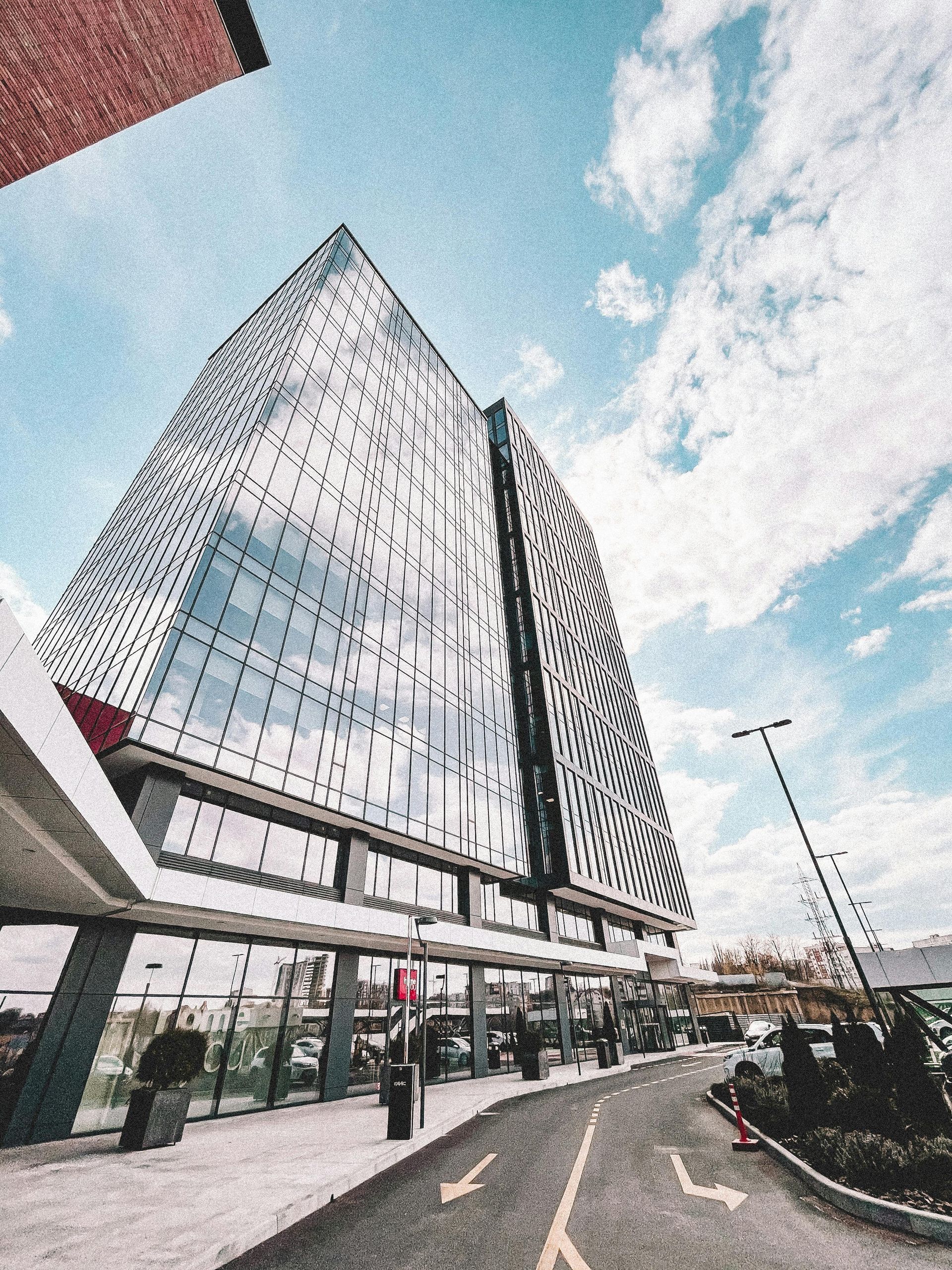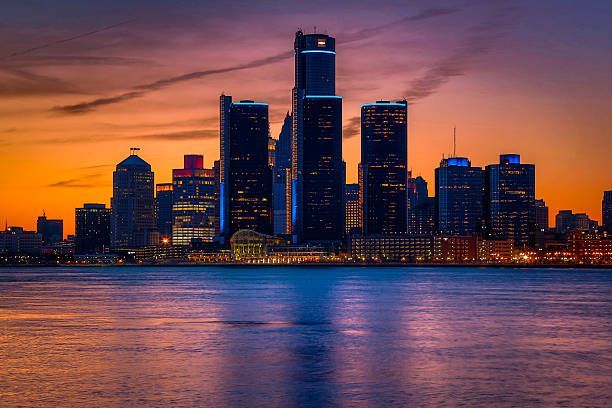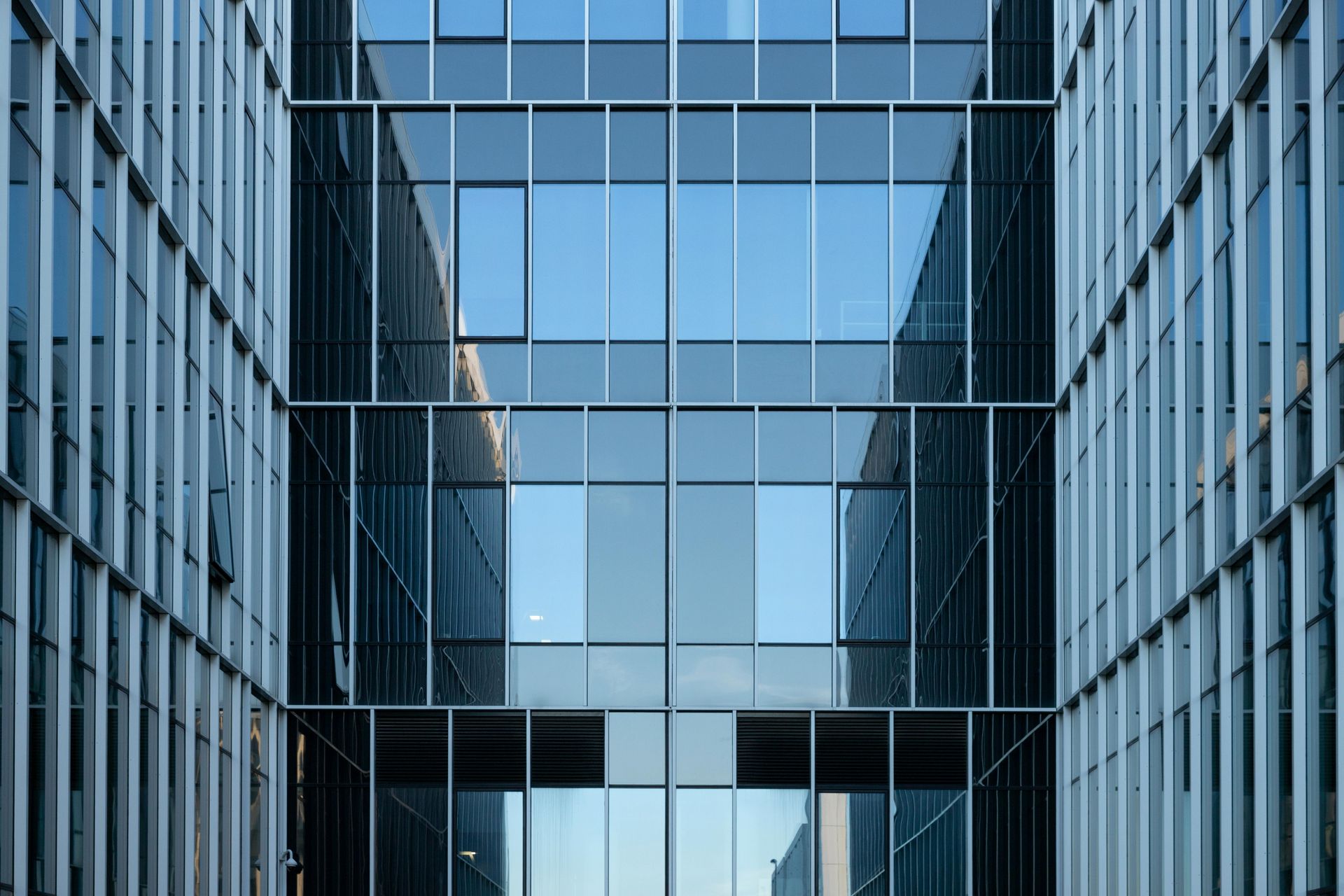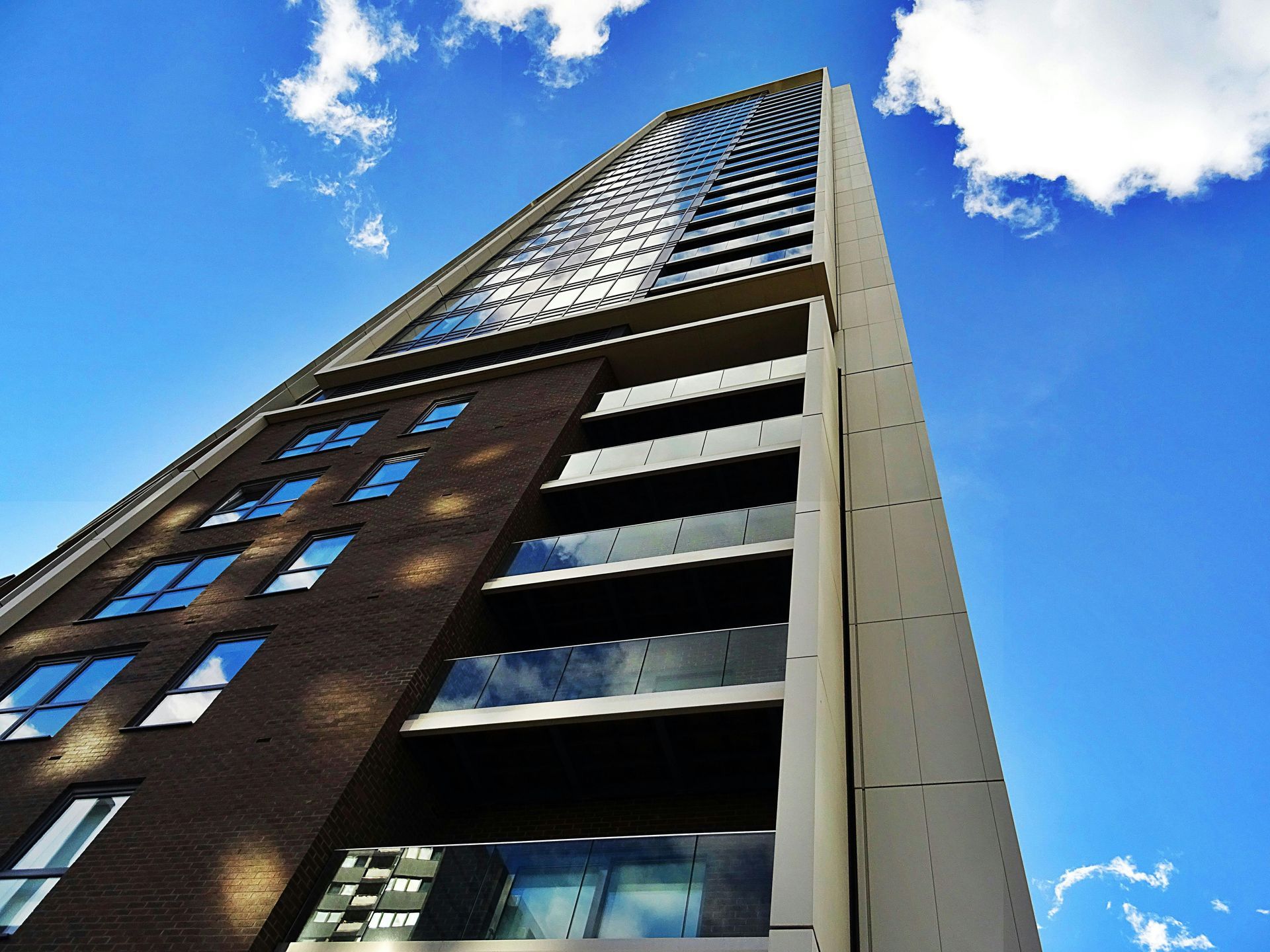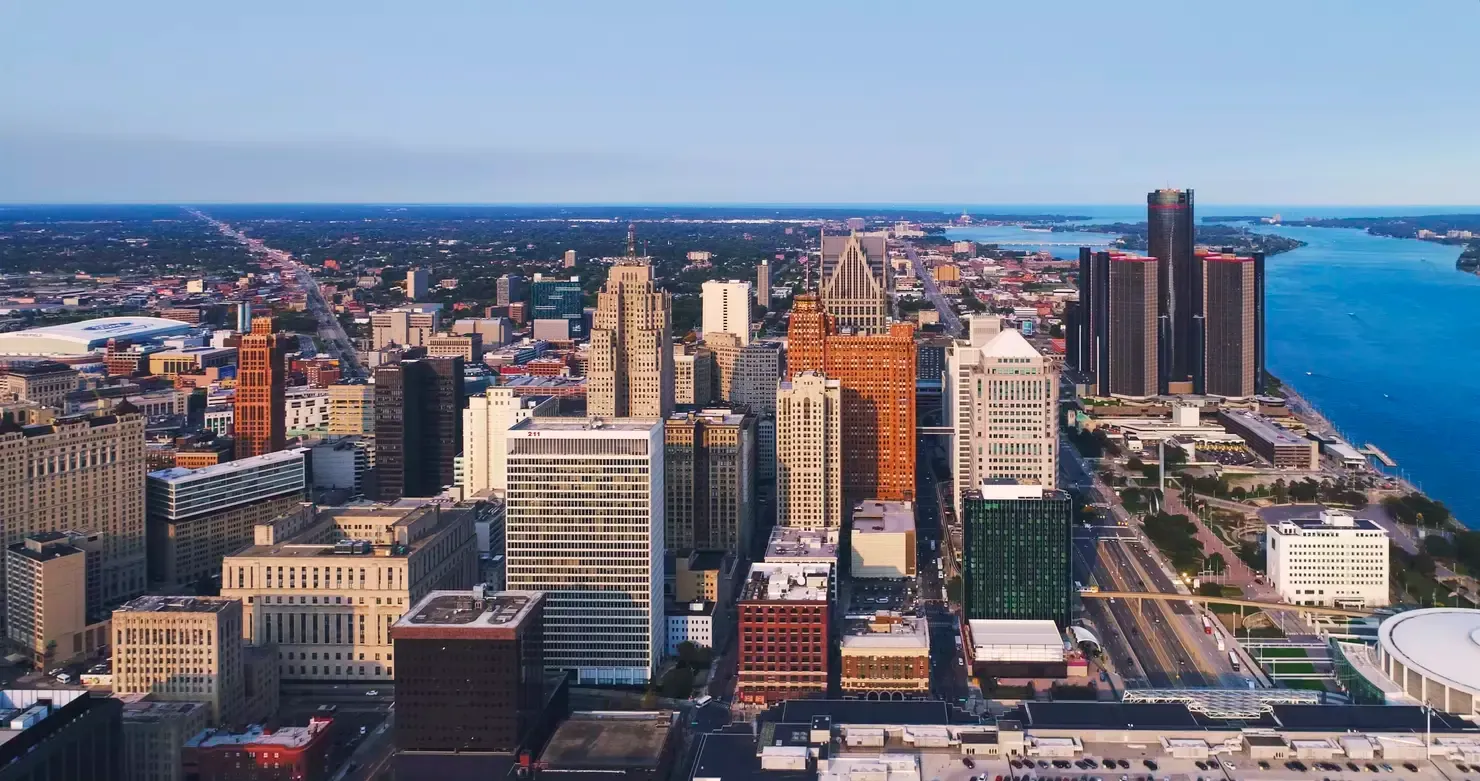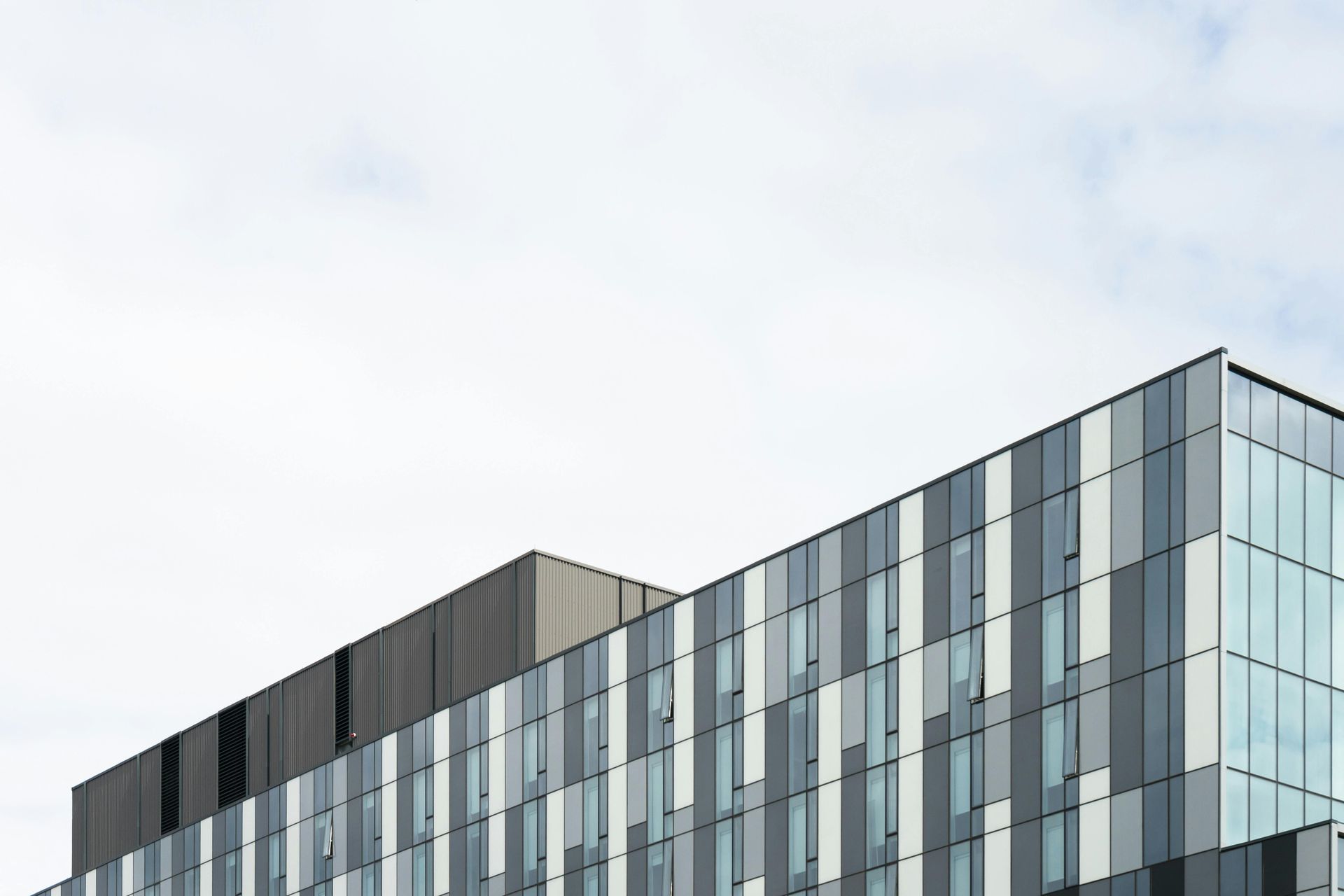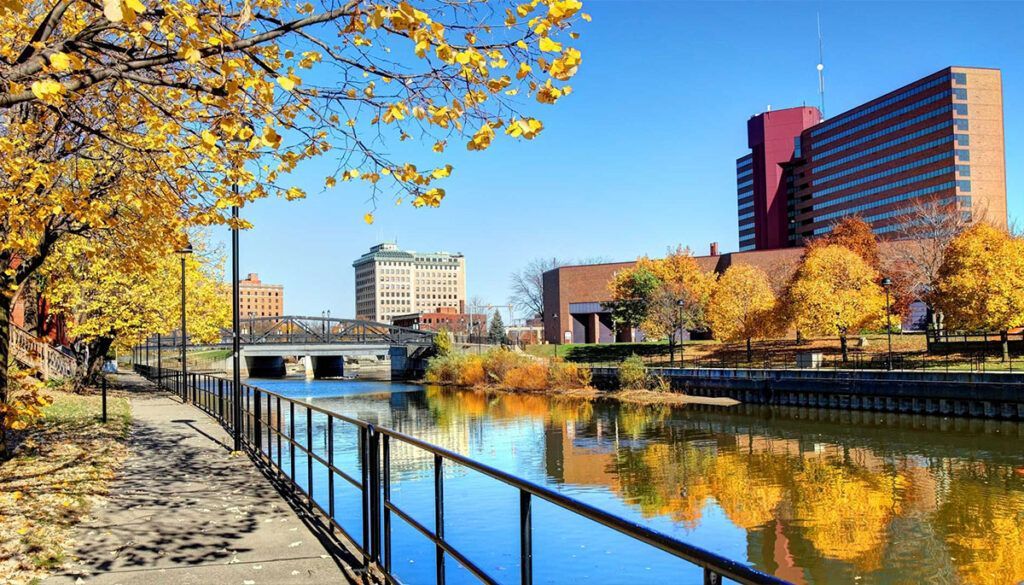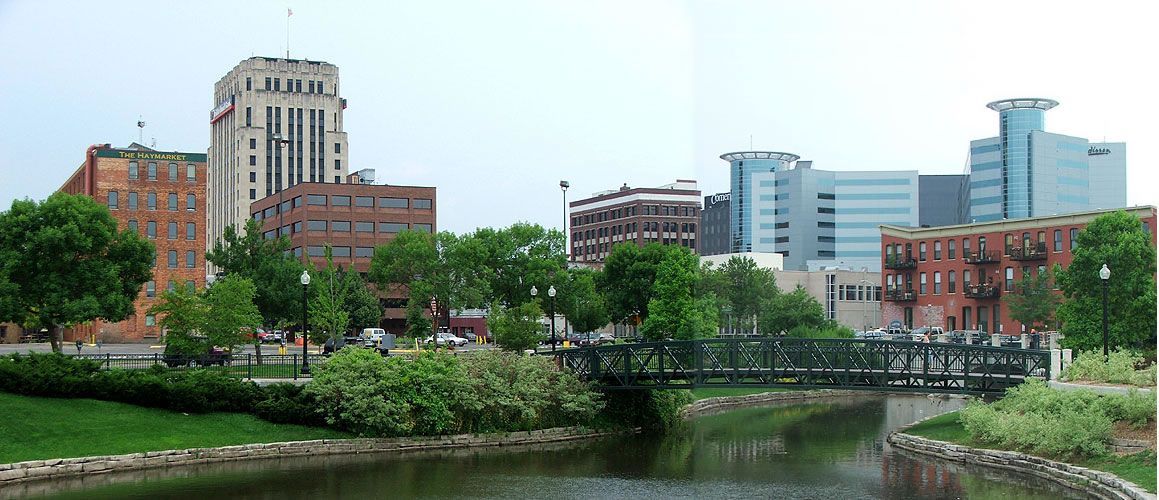Benefits of Sustainability CRE in Michigan
The commercial real estate (CRE) industry in Michigan is experiencing a significant shift towards sustainability.
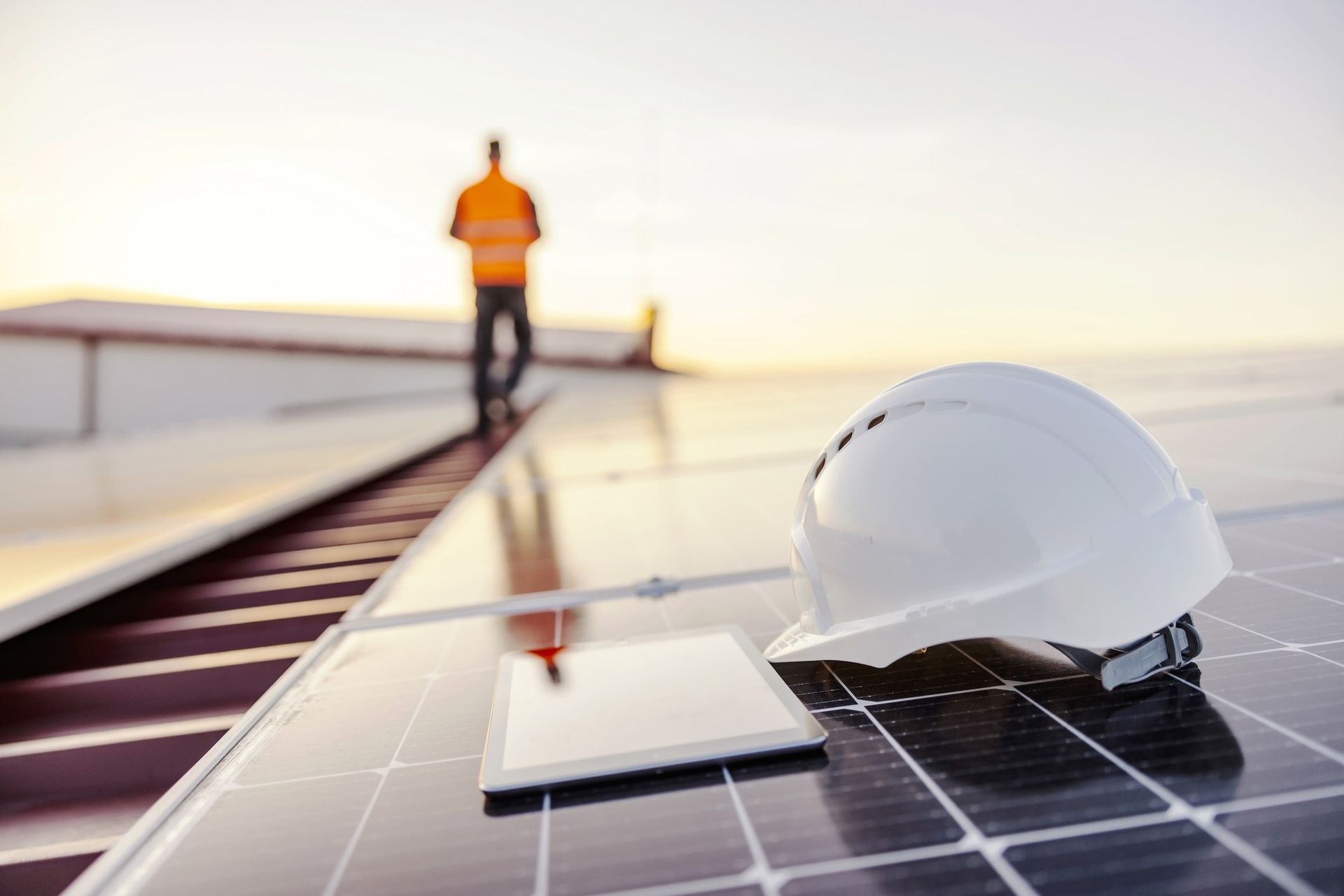
Driven by a confluence of environmental concerns, evolving tenant demands, and government incentives, sustainable practices are no longer just a trend, but a crucial factor in the long-term success and competitiveness of CRE projects. This shift towards sustainability offers a myriad of benefits for developers, investors, tenants, and the broader Michigan community.
Environmental Benefits
Sustainable CRE practices play a critical role in mitigating climate change and protecting Michigan's valuable natural resources. By incorporating energy-efficient technologies, reducing water consumption, and minimizing environmental impact, sustainable buildings contribute to a healthier planet.
Reduced Carbon Footprint: Sustainable buildings utilize energy-efficient systems such as high-performance windows, efficient lighting, and renewable energy sources like solar panels. This significantly reduces reliance on fossil fuels, lowering greenhouse gas emissions, and combating climate change.
Improved Air and Water Quality: By minimizing energy consumption, sustainable buildings reduce reliance on power plants that contribute to air pollution. Furthermore, sustainable practices such as rainwater harvesting and efficient water fixtures minimize water consumption and protect valuable water resources.
Preservation of Natural Resources: Sustainable building practices often prioritize the use of recycled and locally sourced materials, minimizing the environmental impact of construction and reducing the demand for virgin resources.
Economic Benefits
Investing in sustainable CRE offers significant economic advantages for developers, investors, and tenants.
Increased Property Value: Sustainable buildings often command higher rental rates and property values. Tenants are increasingly willing to pay a premium for energy-efficient, healthy, and environmentally friendly spaces.
Reduced Operating Costs: Energy-efficient systems and water conservation measures significantly reduce operating expenses for building owners. Lower energy bills, reduced maintenance costs, and increased tenant retention contribute to a stronger bottom line.
Enhanced Tenant Attraction and Retention: Sustainable buildings are highly attractive to environmentally conscious tenants, including businesses that prioritize corporate social responsibility. These buildings offer a competitive advantage in attracting and retaining high-quality tenants, leading to increased occupancy rates and long-term revenue stability.
Access to Green Building Certifications: Obtaining certifications such as LEED (Leadership in Energy and Environmental Design) can enhance a building's marketability, attract premium tenants, and qualify for various incentives and rebates.
Social Benefits
Sustainable CRE practices contribute to a healthier and more equitable built environment for the Michigan community.
Improved Indoor Air Quality: By incorporating high-quality materials, efficient ventilation systems, and reduced reliance on harmful chemicals, sustainable buildings create healthier indoor environments for occupants. This can lead to improved employee productivity, reduced absenteeism, and enhanced overall well-being.
Enhanced Community Well-being: Sustainable buildings contribute to a more vibrant and sustainable community by reducing environmental impact, improving air and water quality, and creating healthier living and working environments for residents.
Job Creation: The development and implementation of sustainable building practices create new jobs in the green building sector, including positions in areas such as renewable energy, energy efficiency, and sustainable building materials.
Government Incentives and Support
The Michigan government recognizes the importance of sustainable building practices and offers various incentives to encourage their adoption.
Tax Incentives: Various tax incentives are available for businesses and property owners who invest in energy-efficient upgrades and renewable energy technologies. These incentives can significantly reduce the upfront costs associated with sustainable building practices.
Grants and Funding Programs: Several government programs offer grants and funding opportunities to support sustainable building projects, including energy efficiency retrofits, renewable energy installations, and green building certifications.
Regulatory Support: The state of Michigan has established building codes and regulations that encourage the use of energy-efficient building materials and technologies. These regulations promote the construction of more sustainable and energy-efficient buildings across the state.
Key Considerations for Sustainable CRE in Michigan
While the benefits of sustainable CRE are numerous, several key considerations must be addressed:
Upfront Costs: Implementing sustainable building practices may involve higher upfront costs compared to traditional construction methods. However, these costs are often offset by long-term energy savings and increased property value.
Accessibility and Affordability: Ensuring that sustainable building practices are accessible and affordable for all developers and building owners is crucial. This may require continued innovation in green building technologies and the development of more cost-effective solutions.
Skilled Workforce: The successful implementation of sustainable building practices requires a skilled workforce with expertise in areas such as energy efficiency, renewable energy technologies, and green building materials.
Sustainable CRE is no longer a niche market but a critical component of the future of the built environment in Michigan. By embracing sustainable practices, the CRE industry can contribute to a healthier environment, enhance economic competitiveness, and improve the quality of life for Michigan residents. The benefits of sustainable CRE extend beyond environmental considerations, offering significant economic advantages, improving tenant satisfaction, and contributing to a more vibrant and sustainable community. As the demand for sustainable buildings continues to grow, the CRE industry in Michigan has a unique opportunity to lead the way in developing innovative and sustainable solutions that benefit both the environment and the economy.
